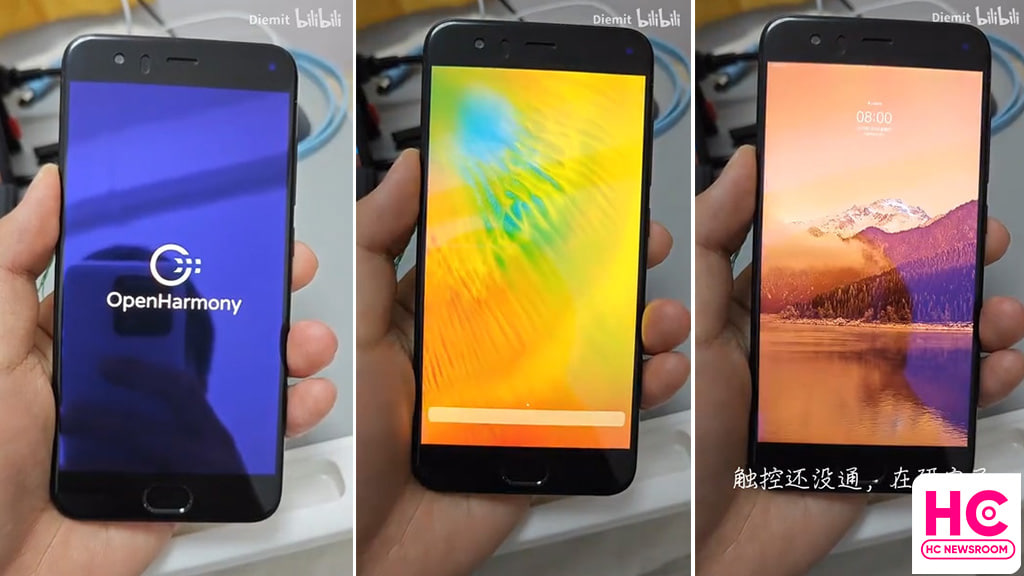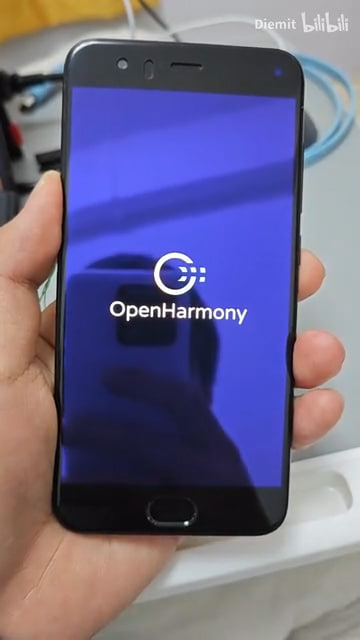HarmonyOS
Check Xiaomi Mi 6 ported with HarmonyOS [Video]

Open source HarmonyOS, OpenHarmony is making good progress in the Chinese smartphone market and its open source capability is allowing people to experiment on old non-Huawei and low specs devices, such as Xiaomi Mi 6.
An OpenHarmony developer uploaded a video on the Chinese video-sharing platform Bilibili and showed how he ported OpenHarmony onto a Mi 6 smartphone. Interestingly, the OpenHarmony boot up successfully.
The developer didn’t reveal much of the information but confirmed that the touch unit didn’t work up, while the home screen has been loaded successfully.

The developer also shared a guide to port OpenHarmony old devices.
To confirm that the ported device can be unlocked and flashed and it has a third-party recovery similar to TWRP to facilitate flashing. The OpenHarmony kernel is based on the standard Linux 5.10 kernel, and 4.19 is no longer supported. During the installation, the device needs to have the kernel source code of 5.10 or above, the developer needs to confirm that the device driver source code and firmware can be obtained, and related stuff.
In addition, to open-source HarmonyOS, Xiaomi Mi 6 phones have previously supported flashing into the Windows 11 ARM system.
Launched in 2017, Mi Phone 6 is equipped with Qualcomm Snapdragon 835 chipset, a 5.15-inch 1080p resolution, 4/6GB RAM + 64/128GB storage. It has a built-in 3350mAh battery, It supports 18W fast charging.
On the other hand, the rear dual camera has a 12-megapixel telephoto lens and a 12-megapixel wide-angle lens that supports 2x optical zoom and four-axis anti-shake. On the front end, you get an 8-megapixel camera. Additionally, Mi 6 is waterproof, has multi-function NFC, supports WeChat and Alipay fingerprint payment, and uses 2×2 dual-way WiFi for network, supports dual card dual standby.
HarmonyOS ported Xiaomi MI6 pic.twitter.com/FowoY7Qbjo
— Deng Li (@MrDengLi) February 1, 2023






